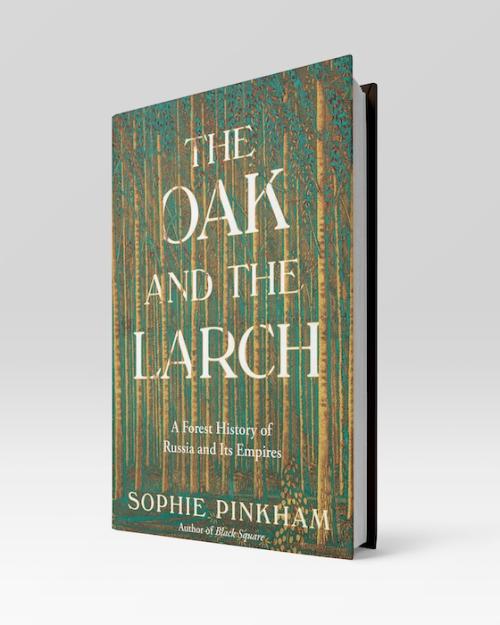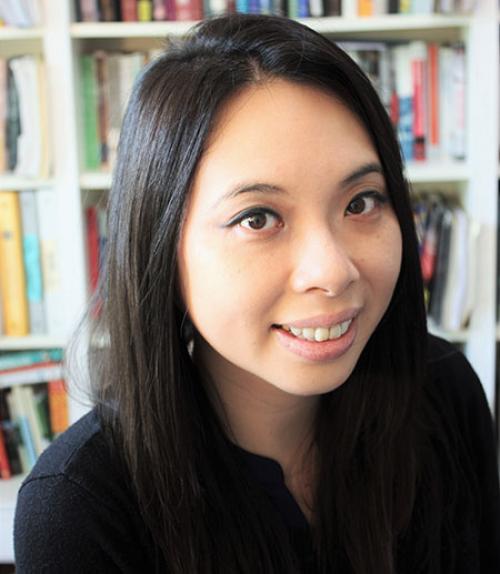Sex workers play a key role in mobilizing social activism in Asia, as Lily Wong will discuss in her lecture on Sept. 10, “Sex Work, Movement Politics, and Affect Labor in the Sinophone World.” Wong will also discuss LGBT activism in Taiwan and cultural belonging in the Sinophone world. The lecture will draw on Wong’s book, Transpacific Attachments, and the entwined histories of Taiwan’s queer activism, sex-work rights movement, and labor justice movements.
The talk, at 4:30 p.m. in G64 classroom in Goldwin Smith Hall, is co-sponsored by the East Asia Program and the Lesbian, Gay, Bisexual, & Transgender (LGBT) Studies Program in the College of Arts and Sciences.
LGBT Studies Director Sara Warner says she is pleased to announce a year-long partnership with the East Asian Program, inaugurated with Lily Wong's visit. "She's an ideal scholar to kick off this collaboration," says Warner. "Wong's remarkable study of transpacific sex workers explores the role of prostitutes in movement politics that brought about the legalization of same-sex unions in Taiwan, which became the first Asian nation to sanction gay marriage earlier this year, in May 2019. Anyone interested in affective labor and the intersectional politics of sexual citizenship should be reading Wong’s book.”
“Wong’s work ranges across different media, including Asian and Asian-American texts and contributes to cultural studies and social activism,” said Andrea Bachner, Director of the East Asia Program. “We are excited about her visit, as well as about working together with the LGBT Studies Program for this series.”
Wong earned her Ph.D. in comparative literature from the University of California, Santa Barbara, and is currently an associate professor of literature at American University. Her research focuses on the politics of emotion, gender and sexuality, comparative race, and media formations of transpacific Chinese, Sinophone, and Asian American communities.





